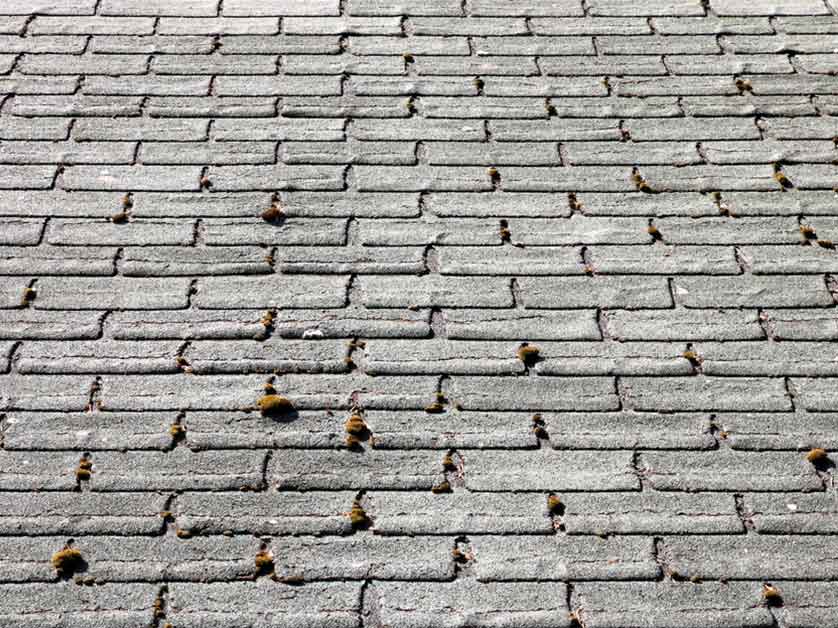Humidity is a significant environmental factor that can impact the performance and longevity of roofing systems. Whether you have a flat or sloped roof, understanding the effects of humidity is crucial for ensuring proper maintenance and preserving its durability. Our roofing experts at Jack the Roofer explore how humidity affects roofing systems below.
1. Moisture Infiltration
Asphalt roofing contractors know that high humidity levels can lead to moisture infiltration in roofing materials. This is especially problematic for flat roofing systems. Water seeping into the roofing layers can cause damage, including rot, mold growth, and insulation deterioration. Proper sealing and regular inspections are essential to prevent moisture infiltration.
2. Thermal Expansion and Contraction
Roofing materials expand and contract with changes in temperature and humidity. In humid climates, the frequent fluctuations can strain the roof’s integrity. Over time, this expansion and contraction can lead to cracks, warping, and loose roofing materials, reducing the roof’s efficiency.
3. Algae and Mold Growth
Humidity is a vital component in the development and spread of algae and mold. Not only do they make the roof unsightly but also compromise its integrity. Algae and mold can thrive on certain roofing materials, leading to discoloration and accelerated deterioration.
4. Insulation Performance
Humidity can impact the performance of roof insulation. When insulation becomes saturated with moisture due to high humidity levels, it loses its insulating properties. This causes increased energy consumption as your HVAC system works harder to maintain comfortable indoor temperatures.
5. Shingle Buckling
Sloped roofing systems, particularly those with asphalt shingles, may buckle when constantly exposed to high humidity levels. As the shingles absorb excess moisture, they expand and then contract as they dry. Over time, this can result in the distortion and warping of the shingles, affecting their ability to protect your home.
Prevention and Mitigation Strategies
Consider the following preventive measures to mitigate the negative effects of humidity on your roofing system:
- Proper Roof Ventilation. Adequate ventilation can help regulate humidity levels in your attic and roofing system, preventing moisture buildup.
- Regular Roof Inspections. Routine inspections by a professional roofing company can help identify and address issues like moisture infiltration and shingle damage before they become severe.
- Correct Roof Sloping. Ensuring proper slope and drainage systems can prevent water from pooling on flat roofs, reducing the risk of moisture infiltration.
- Algae and Mold Treatment. If your roof is prone to algae and mold growth, consider treatments and roof cleaning to prevent these issues from taking hold.
- Quality Materials. When installing or replacing a roof, choose high-quality roofing materials that are designed to withstand humidity and moisture.
Let Professional Roofers Help You Today!
It’s easy to underestimate the impact of humidity on roofing systems, which is why ensuring your roof’s lifespan and performance is critical. For top-notch residential roofing services, turn to professional roofing company Jack the Roofer. Call us at (720) 722-2255, or fill out our convenient online form to get started. We serve Parker, Co, and the surrounding communities. Keep your home protected, no matter the weather!

